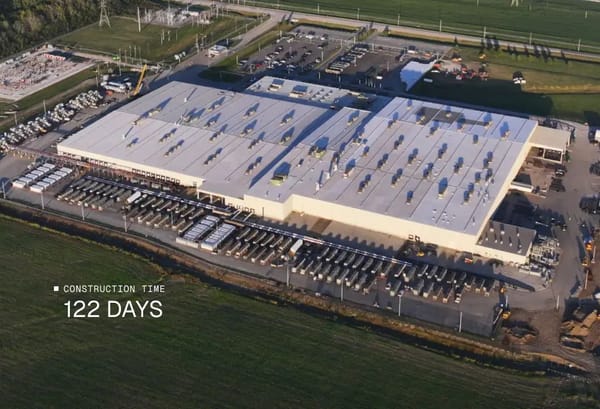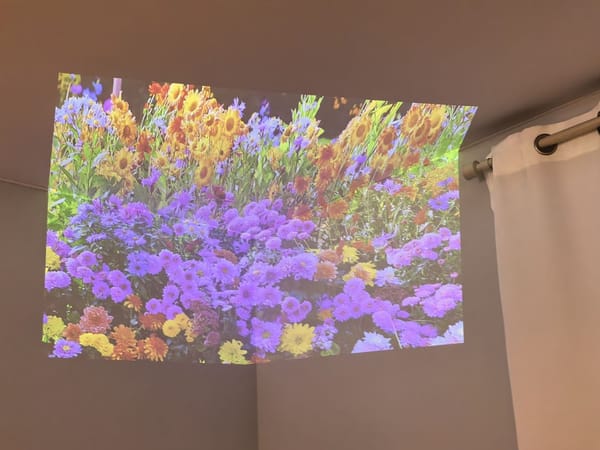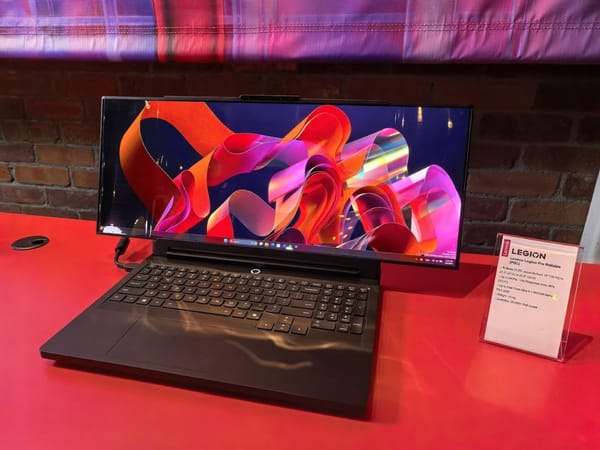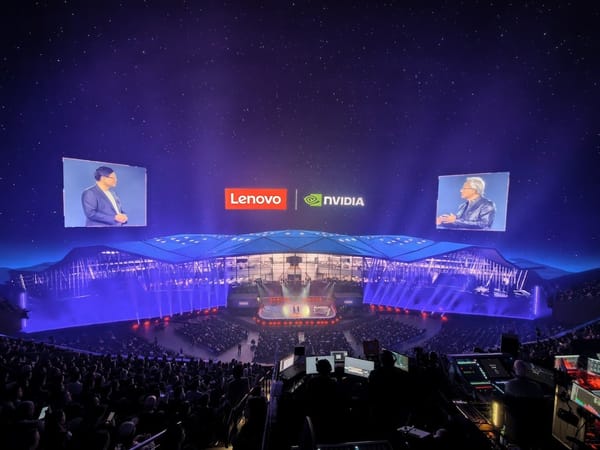Nvidia is already working on the next trillion-dollar industry
Three observations at Computex this week
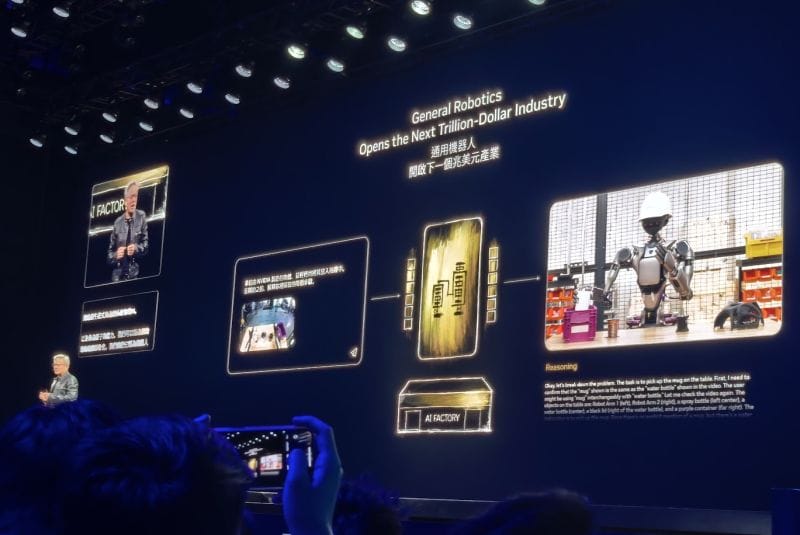
Nvidia's the king of the hill in AI. But it's already building the next trillion-dollar industry. Here are my three observations at Computex this week.
More and more AI
Love it, hate it, or terrified of it? There's no running away from AI.
While pre-training and post-training scaling appears to have slowed down somewhat, AI continues to improve in leaps and bounds.
- Much smaller AI models.
- Advanced reasoning models.
- Rapid growth of agentic AI.
To feed the appetite for more AI, Nvidia continues to push AI hardware every chance it could. This week, it talked about:
- RTX Pro Server: For enterprise AI.
- DGX Spark Systems: For AI developers.
- NVLink Fusion: Use non-Nvidia CPUs, ASICs.
So both in the data centre and outside, there's a Nvidia for you. Let's just say it is unlikely to lose its lead any time soon.
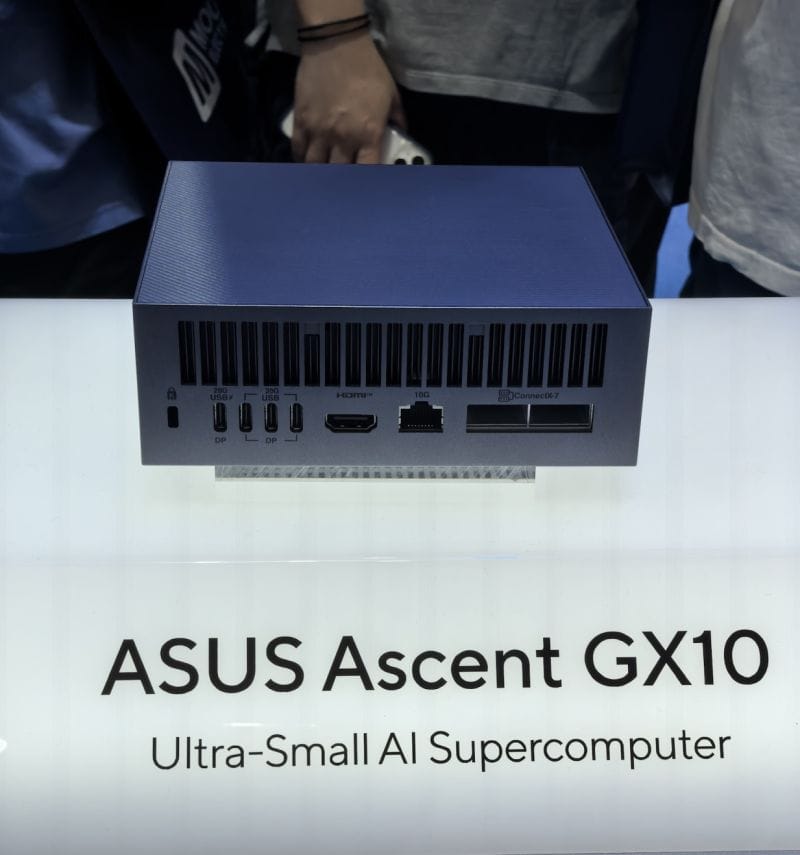
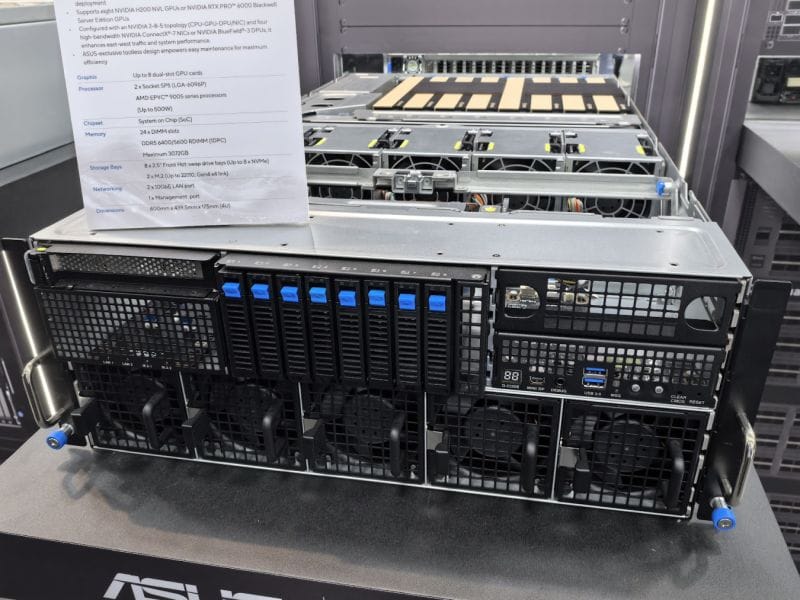
Photos: (Left) DGX Spark System from Asus. (Right) RTX Pro GPU Server from Asus.
Robotics and physical AI
Robots will be the next "multi-trillion dollar" industry, according to Nvidia CEO Jensen Huang.
This starts with the development of physical AI.
"AI that understands the world. They understand things like inertia, friction, cause and effect... object permanence... to be able to reason about these physical things is really essential to the next era of AI. We call that physical AI."
But the development of robotic systems won't happen overnight and requires a certain level of scale with humans needed to provide the physical feedback to train robots.
"Most of the robotic systems we've had so far are too low volume, and those low volume systems will never achieve the technology scale to get the flywheel going far enough... Human and robot, it is likely to be the next multi trillion-dollar industry."
Substantial computing will be required to run robots:
- The simulation engines for training AI.
- Training the AI in these engines.
- To host AI deployed in robots.
Nvidia Omniverse
But how to get robotics to take off? This is where Nvidia Omniverse - think of it as a high-fidelity digital twin simulation platform, comes into the picture.
In my mind, the idea is to work with industrial partners to solve real world issues, garner a massive volume of training data for physics AI, and eventually lead the way to general robotics.
Think GenAI for robots. And oh, we'll probably need a lot of data centres to power it.
What do you think? Will robots replace the need for human labour in our lifetimes?

